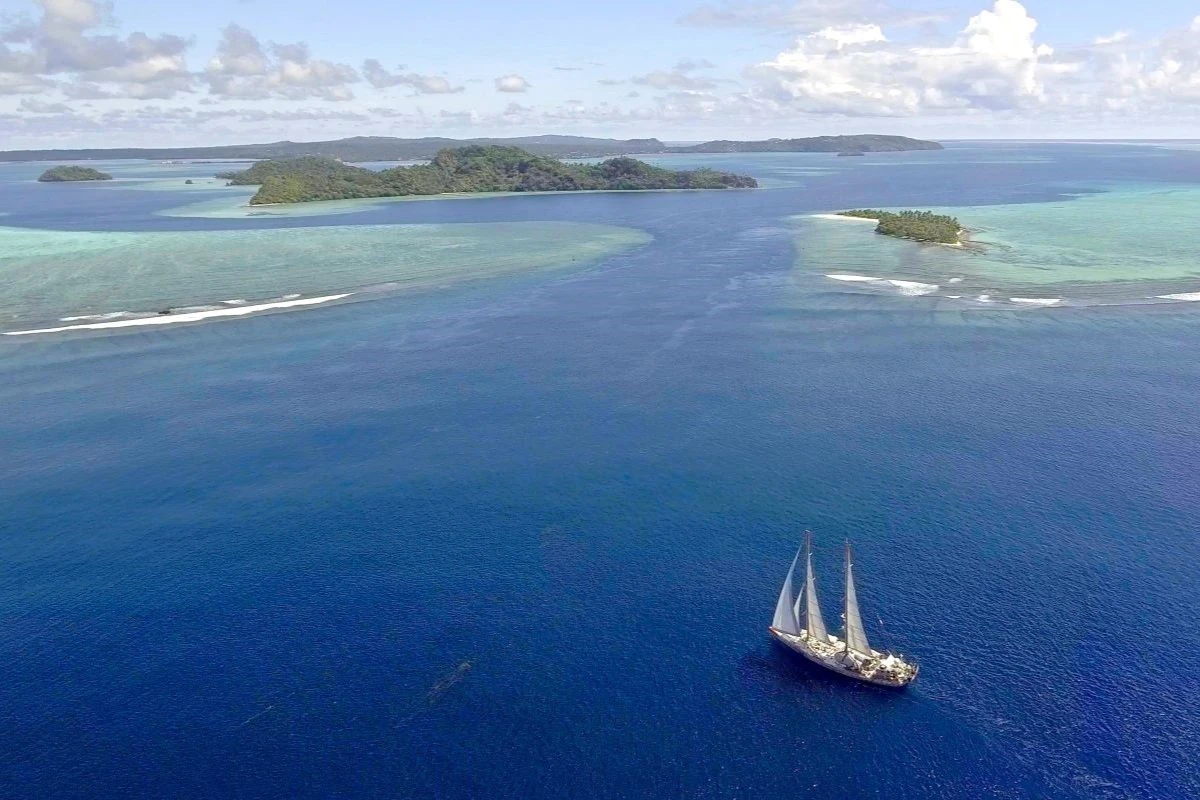Two researchers from the Centre Scientifique de Monaco who participated in the Tara Pacific Mission between 2016 and 2018 will be presenting their findings from the expedition, along with a detailed exploration of the state of coral reefs in the Pacific Ocean, at an event to be held at the Lycée Rainier III in May.
The Tara Pacific Mission, which took place between May 2016 and October 2018, was an extensive expedition that canvassed an area of more than 100,000 km2 in the Pacific Ocean.
In all, 32 archipelagos and their coral reefs were explored and recorded by the team onboard the Tara schooner, who carefully collected some 58,000 samples during hundreds of dives.
Under the scientific leadership of the Centre Scientifique de Monaco (CSM) and the Centre National de la Recherche Scientifique (CNRS), and supported by the Tara Foundation, it was the largest scientific expedition of its kind ever to be carried out, not only because of the duration of the mission, but also because of the diversity of sites explored and the varieties of corals considered.
On Tuesday 7th May at the Lycée Rainier III, two scientists who took part in the expedition, Dr. Stéphanie Reynaud and Dr. Didier Zoccola, will be presenting their first-hand findings and discoveries at an event organised by the Les Amis du Centre Scientifique de Monaco association.
The discourse will be centred on reefs in the Wallis and Futuna overseas collectivity and ocean acidification in Palau as well as the researchers’ personal insights on the importance of coral reef conservation and protections.
The pair will also be delving into the hard facts on the state of coral reefs in the region, which are increasingly under threat from human and climactic stresses.
Prior registration is required for the event, but it is entirely free to attend. For more information and to reserve a seat, click here.
Read related:
Join the Monaco Life community – sign up for the Monaco Life newsletter, and follow us on Threads, Facebook, Instagram, LinkedIn and Tik Tok.
Photo credit: Pierre de Parscau
